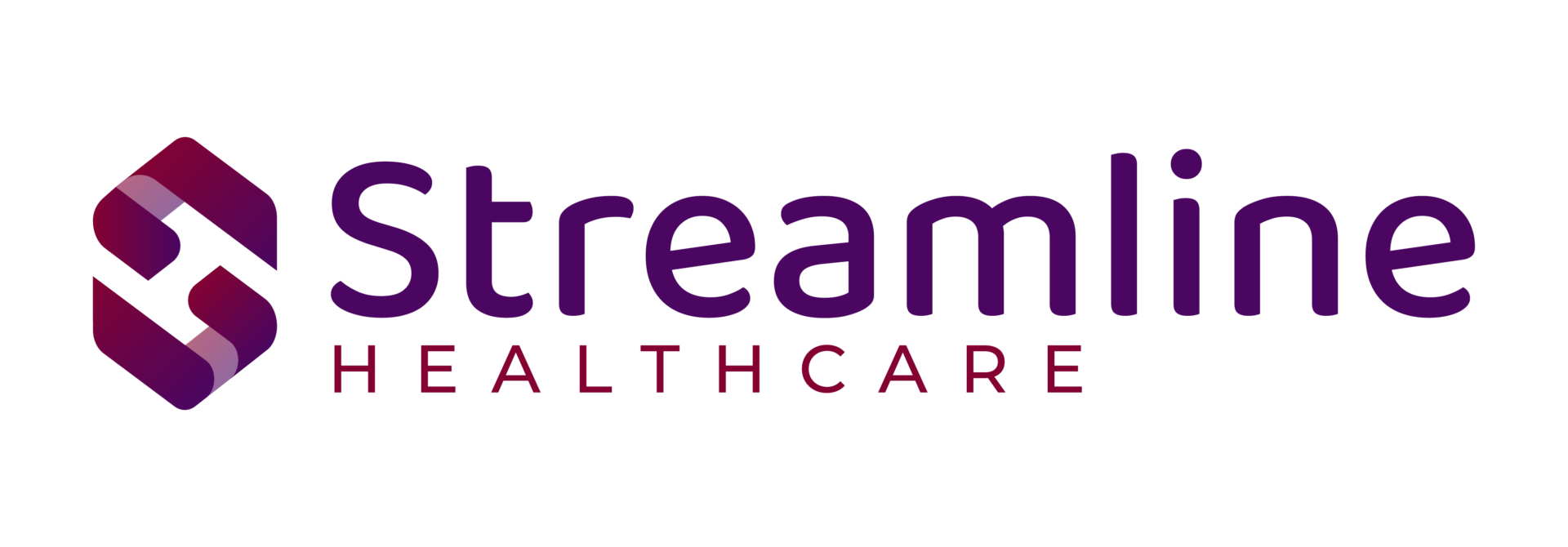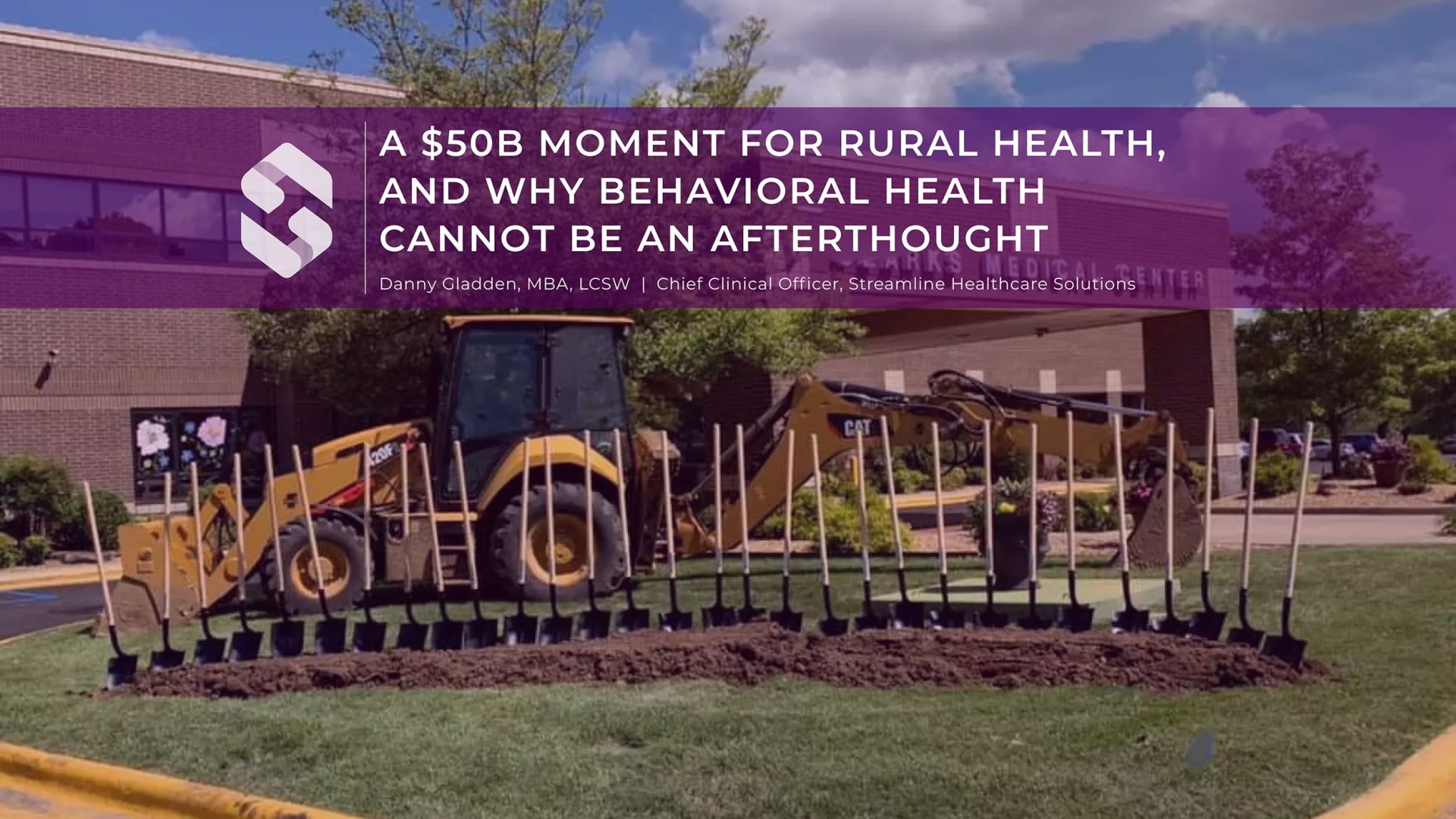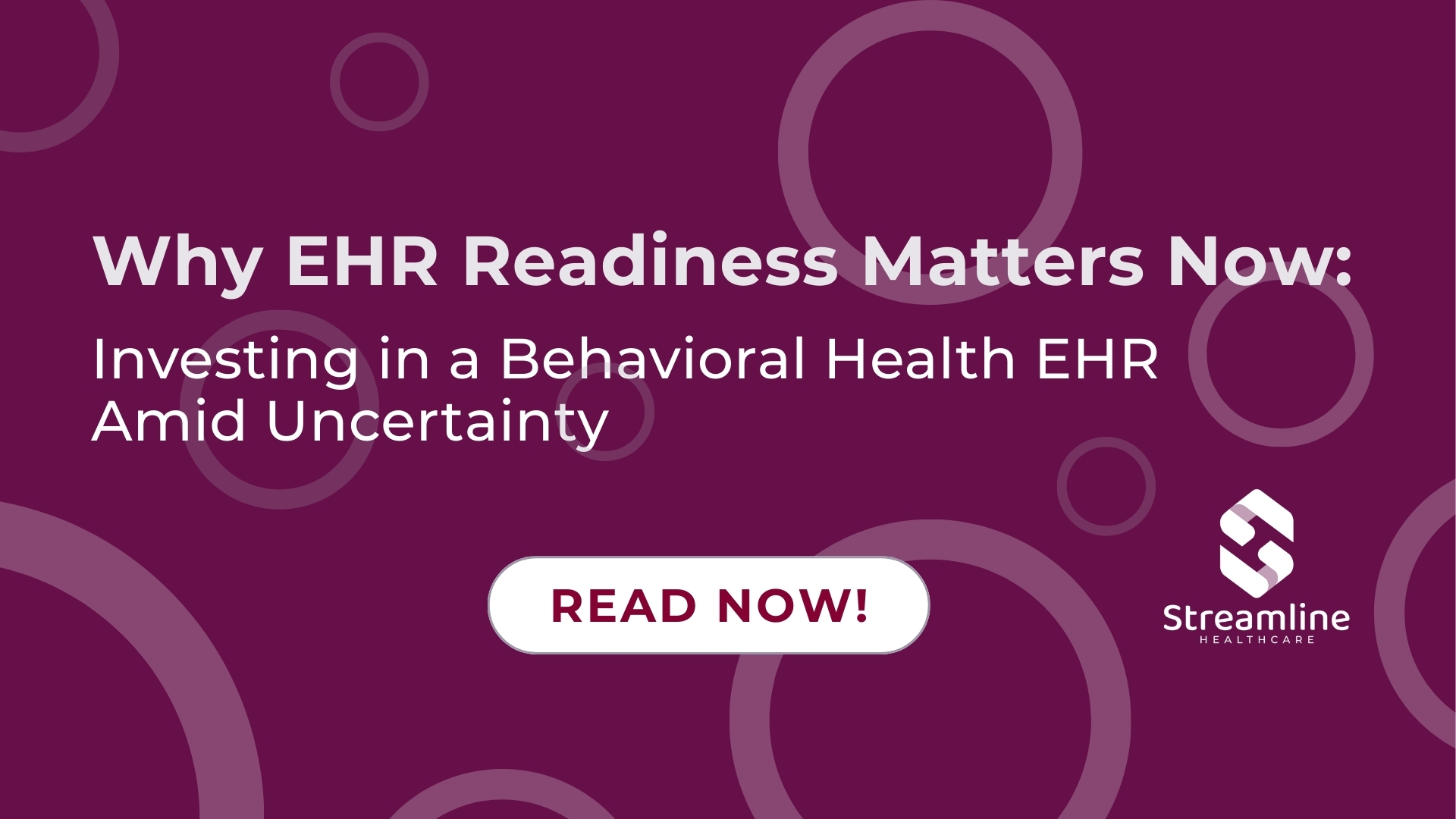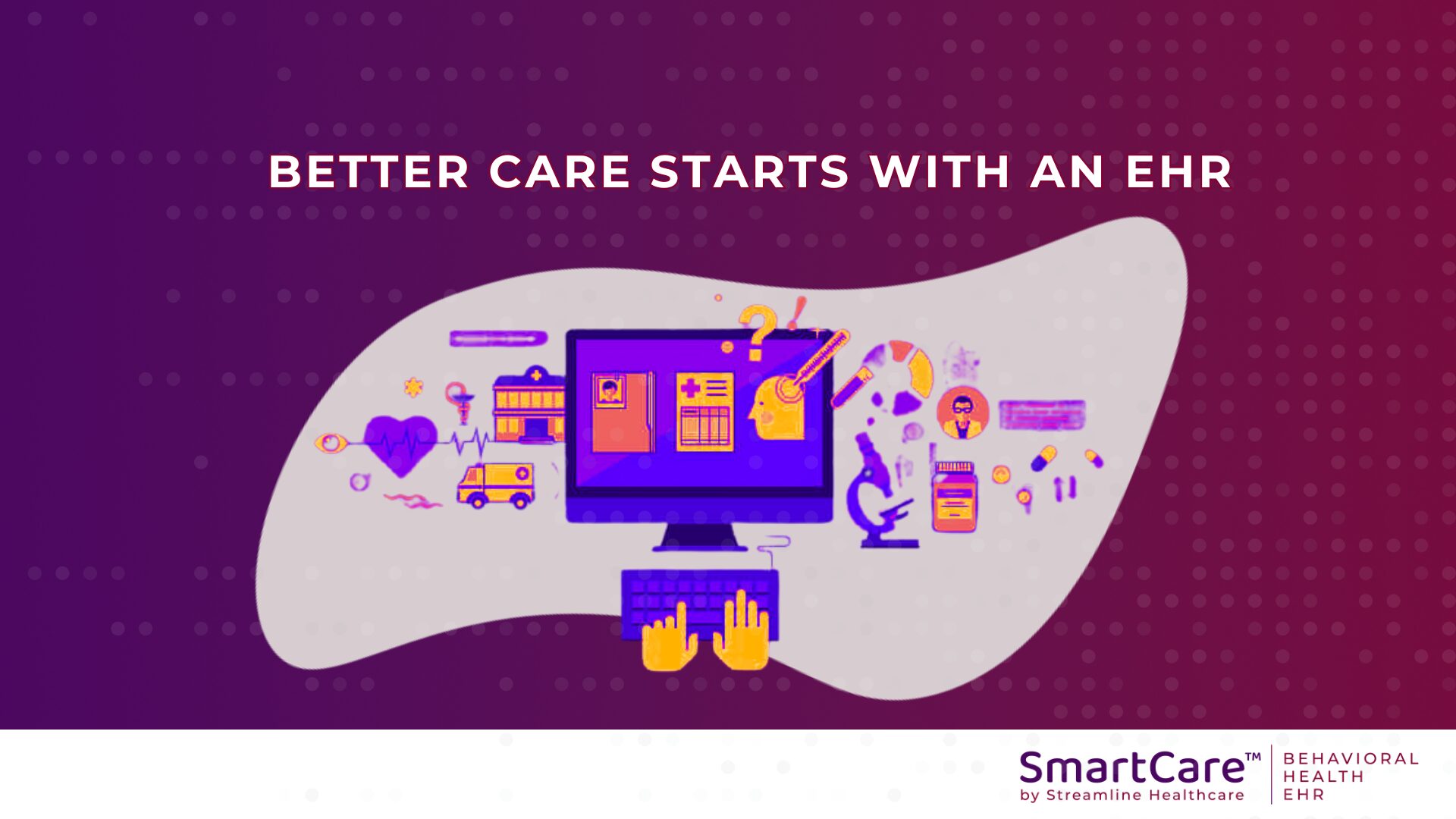The Six Keys to EHR Usability
Behavioral Health Electronic Health Record (EHR) platforms have come a long way since the HITECH Act of 2009, but many still have a ways to go in terms of providing a modern, easy to use, and effective user experience (UX). Below are six keys to determine how usable your EHR is.
Legacy EHRs: UXs Without the User
To say that many users, and clinicians in particular, do not like traditional Electronic Health Record (EHR) systems is an understatement, and one study found that EHRs are a significant source of clinician burnout in the medical field.
The reasons are many, including the fact that earlier Behavioral Health EHRs were designed primarily to deal with the complexities of providing, and getting reimbursed for, the delivery of behavioral healthcare services and to meet the Meaningful Use requirements that grew out of the HITECH Act of 2009.
As a result, EHRs were developed to meet the requirements of payers, regulators, IT developers—in short, everyone but the individuals who use EHRs on a daily basis and the clients they serve.
Six Keys to Behavioral Health EHR Usability
The new generation of industry-leading Behavioral Health EHRs is changing that. There are six keys to determining whether a Behavioral Health EHR is truly user friendly.
Effective. The Behavioral Health EHR should be effective in terms of enabling users to do their jobs. It may sound basic, but many legacy EHRs failed this rudimentary test by, for example, making it necessary for users still to rely on spreadsheets and hand-written notes in addition to using the EHR to get the job done.
Efficient. The EHR should make users significantly more efficient at performing their work. For example, users should not have to hunt for necessary information or click through to multiple screens to accomplish tasks. If they do, using the EHR can be barely better than doing the tasks manually.
Supportive. Today’s leading Behavioral Health EHRs go beyond making users more efficient to actively supporting them with flags and other reminders to alert them to any and all requirements—clinical, billing, and administrative—at each step in the treatment process. With the growing complexity of providing and billing for Behavioral Health services, supportive functionality has become essential.
Robust. Many legacy EHRs claimed to be robust simply because they were “interoperable,” meaning they connected with other external or third-party systems. This typically requires users to spend time learning and working in multiple user interfaces / disparate applications, impacting the overall end-user experience and adding potential strain on the ease of single-source reporting. A truly robust EHR’s functionality encompasses all of the primary services users provide on a single platform.
Adaptable. The requirements for providing mental health services are constantly changing, particularly for non-profit Behavioral Health organizations that are reimbursed by Medicaid through state agencies. Users need an EHR that can quickly be adapted to changes so they don’t have to resort to inefficient workarounds.
Intuitive. The best Behavioral Health EHRs provide users with all of the above functionality and go one step further by functioning intuitively, mirroring how behavioral health users serve their clients in the real world. Intuitive EHRs put the user at the center of the UX—where they should have been all along.
Streamline and SmartCare™
Since 2003, Streamline Healthcare Solutions has focused exclusively on Behavioral Health and Human Services. We understand people choose this work out of a deep desire to help others. We partner with our customers to provide innovative technology solutions that help them advance the lives of those they serve.
Streamline’s SmartCare™ is a true enterprise Electronic Health Record (EHR) platform that sets a new standard for Behavioral Health EHRs. Its dependability and stability provide organizations with the control they need to succeed in today’s complex environment, while its flexible and intuitive user experience enables them to transform the way they provide care to meet the exciting promise of tomorrow.
Request a demo today and learn how SmartCare™ can support your organization.




